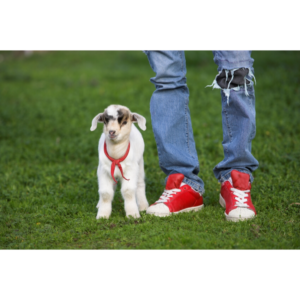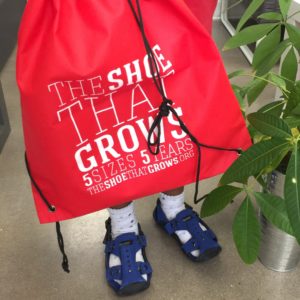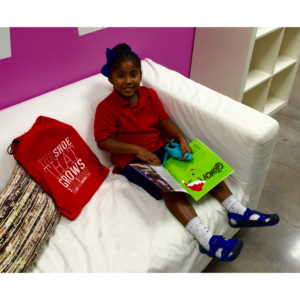Giving the Gift of Sustainability
“Vision without action is just a dream. Action without vision just passes the time. Vision with action can change the world.” ~ Joel A. Barker
I have been involved in developing and implementing social service programs for the last sixteen years. In faith-based settings, these types of programs are categorized as “compassion ministries”. Typically in a faith-based setting, compassion is often provided in the form of giving practical, short-term assistance such as food, clothing, temporary shelter, and sometimes assistance with utility bills. But lately, I have begun to form new ideas about compassion ministries at home and abroad. I have come to believe that the best form of compassion is to give the gift of sustainability. Providing tools for someone or a community to become self-sustaining and abundant is the best social service or community development program.
Next week, I have the privilege of attending the 2015 ECHO International Agricultural Conference in Ft. Myers, Florida. I can’t wait! I visited ECHO for the first time in July 2014 with a group of friends as preparation for our Cambodia 2014 Mission Trip.
We toured ECHO’s 50 acre demonstration farm and learned about sustainable farming and appropriate technologies concepts. We were preparing to embark on the construction of a biogas digester system at Teen Challenge Cambodia in the Takeo Province that September. We came back from the tour excited and hopeful about having the opportunity to apply some of ECHO’s community development principles in Cambodia. Next week, I am looking forward to learning new information to apply at the Light of Future School site in Kratie Province, Cambodia and at the Home of Champions Orphanage I visited in Dominican Republic two weeks ago. Both of school and the orphange have a tremendous opportunity to become sustainable using natural resources in their environment, agriculture, and appropriate technologies.

For example, I have been considering how a few farm animals might impact operations at the orphanage. One milk goat can produce 90 quarts of milk per month for ten months out of the year. If the orphanage owned a few goats, every child could have a glass of goat’s milk per day. Not only that, there are a multitude of products that can be made from goat’s milk such as goat’s milk cheese, goat’s milk soap and goat’s milk lotion.

When I get home from the ECHO conference, I am going to experiment with making a batch of goat milk soap–just to try it for myself. What if the orphanage was able to raise goats for milk and to generate income through goat milk products?
Another aspect of sustainability is good health. Without good health, a person cannot sustain themselves or their families. Our ongoing fundraiser to provide a pair of shoes to the students at Light of Future Schools in Cambodia will lower their risk of foot injuries and of contracting foot infections and parasites. Giving The Shoe That Grows to one of these children is giving a gift of sustainability.

If you would like to partner with us to provide a pair of shoes for a child who attends the Light of Future Schools in Cambodia, click this link: Light of Future Schools “The Shoe That Grows” Fundraiser

(Photo Credits: Linda Freeman, Miss Valencia Wilson modeling The Shoe that Grows, November 2015, Miami, Florida; purchased iStock photos of a young goat and goat milk soap.)


What People Are Saying
What potential there is in that sustainability idea!